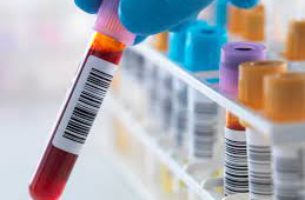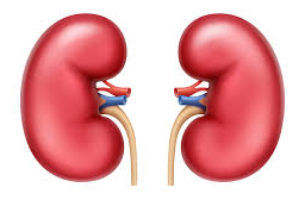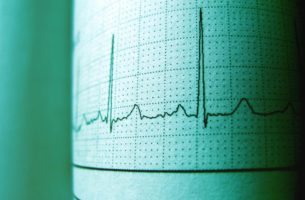Microalbuminuria – causes, diagnosis and treatment What is microalbuminuria? Microalbuminuria is a condition where there is a small increase in the amount of albumin protein in your urine. It can be an early sign of kidney disease. It is not a diagnosis in itself – it has an underlying cause. The test for microalbuminuria is […]
Read MoreA normal urinary ACR level A ‘normal’ uACR level is less than 3 mg/mmol. uACR stands for the urinary albumin-creatinine ratio. Albumin is a protein, and this number reflects the amount of protein in the urine. All humans have a little protein in the urine. But if it goes up, its is a sign of […]
Read MoreWhat controls blood sodium levels? It is complicated (very). Essentially, the kidneys, heart/blood vessels, adrenal and pituitary glands work together to regulate sodium levels in the blood. Kidneys Filter sodium from the blood and excrete it in urine Retain sodium when blood sodium levels are low Release water when sodium levels are high. Heart and […]
Read MoreA normal blood sodium level A normal blood sodium level is 135 – 145 mmol/L. A low sodium is called hyponatraemia: defined as a sodium level below 135 mmol/L. This is common and affects 15-20% of people admitted to hospital A high sodium is called hypernatraemia: defined as a sodium level above 145 mmol/L. Note. […]
Read MorePrevalence and risk factors for dipstick microscopic haematuria Dipstick +ve microscopic haematuria is common. It is known to occur in 5-10% of the normal population. The cause is not known. This study (in men) by Courtemanche (2019) is a simple but useful one. We have summarised the abstract and study. Background Microscopic haematuria is a […]
Read MoreWhat is a U&E blood test? A urea and electrolytes (‘U&E’) blood test measures the levels of urea (‘U’) and creatinine (similar to urea), and electrolytes (‘Es’), in your blood. A U&E is a common blood test that helps assess kidney function, fluid balance, and electrolyte levels. Urea and creatinine are waste products that need […]
Read MoreWhat is an ECG – and what are they done? A normal ECG. An ECG (electrocardiogram) is a test that records the electrical activity of your heart; including the rate, rhythm and direction of electrical impulses. It’s quick and painless, and carries no risk. Why is it done? You will usually have an ECG (electrocardiogram) […]
Read MoreDo you need your NHS number? No, you don’t need to know your NHS number to access NHS services. However, it can be useful to have it so that healthcare staff can find your health records and share information with other medical staff. So. No/yes. You don’t absolutely need to know. More of that later. […]
Read MoreMedical titles in order of seniority Here are some medical titles in order of seniority (most senior first). Consultant or general practitioner (GP): These are senior doctor titles – and permanent posts Staff grade, associate specialist and specialty (SAS) doctors: This is a group of senior doctor titles. They are like a permanent registrar grade […]
Read MoreNHS 1948: 3 core principles The three core principles of the National Health Service (NHS) when it was founded in 1948 were: Universality: The NHS is available to the entire population Equity: The NHS is based on clinical need, not the ability to pay Free at the point of delivery: The NHS is free to access at the […]
Read More






